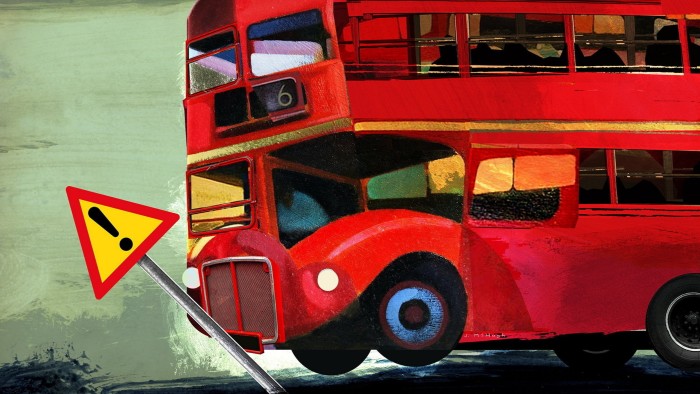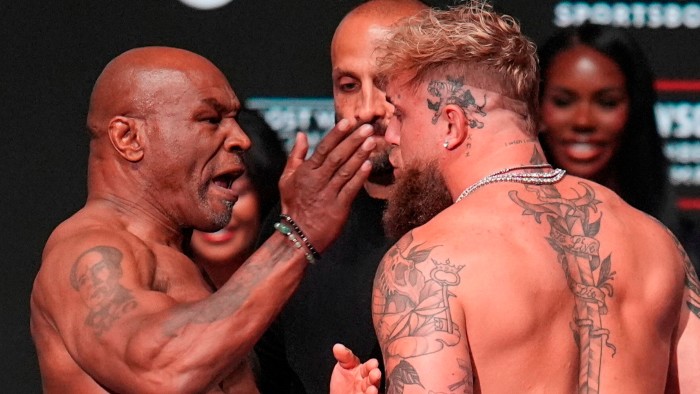
Why time may be up for consumer conglomerates
Unlock the Editor’s Digest for free
Roula Khalaf, Editor of the FT, selects her favourite stories in this weekly newsletter.
Conglomerates have long been out of fashion but several survive in the consumer space. The likes of Unilever and Reckitt justify owning businesses across areas including home, nutrition and personal care on the basis that scale brings synergies and diversification. They can also share “learning” from one part of the group to another, or so the argument goes. Yet consumer conglomerates are struggling to keep up. Expect them to come under increasing pressure to refocus.
In part, this has already happened. Megadeals with other industries that deal directly with consumers are already off the agenda, at least if the ruckus that followed Unilever’s proposed, and later abandoned, pursuit of GSK’s consumer health business in 2022 is anything to go by.
Divestments, too, are picking up pace. Unilever has shed its spreads and tea businesses. Most recently, it put ice cream on the block. At Reckitt, legal woes have led to renewed speculation about whether it will rid itself of its baby formula unit. An activist investor has built a position in the stock.
By and large, such divestments are still broadly predicated on shedding lower growth or margin businesses to make the remaining portfolio more attractive. The more fundamental question is whether brands operating in very different categories belong together any longer.
Conglomerates do benefit from scale, which enables them to spread centralised costs over more revenues. A sector rule of thumb holds that, for each doubling of sales, administrative expenses per unit of revenue fall by 15 per cent. Heft also helps in negotiations with giant retailers — the Walmarts of this world — although product leadership seems to matter more than overall size.
In a rapidly changing world, though, the importance of scale has been overtaken by that of focus and nimbleness. The post-divestment performance of some brands suggests as much. Forneri, Nestlé’s ice-cream joint venture with private equity group PAI Partners created in 2016, will roughly double earnings before interest and tax between 2020 and 2024, thinks Barclays.

Management consultants might argue there is a way to optimise the consumer conglomerate by making its brands centralised enough to benefit from scale but still independent enough to run its businesses well. Unilever’s well-performing Prestige beauty brand runs relatively independently.
Yet that seems like a difficult balancing act. With more diversified groups such as Reckitt and Unilever underperforming those focused on one category, such as L’Oréal or Lindt, calls for more radical break-ups should intensify.






